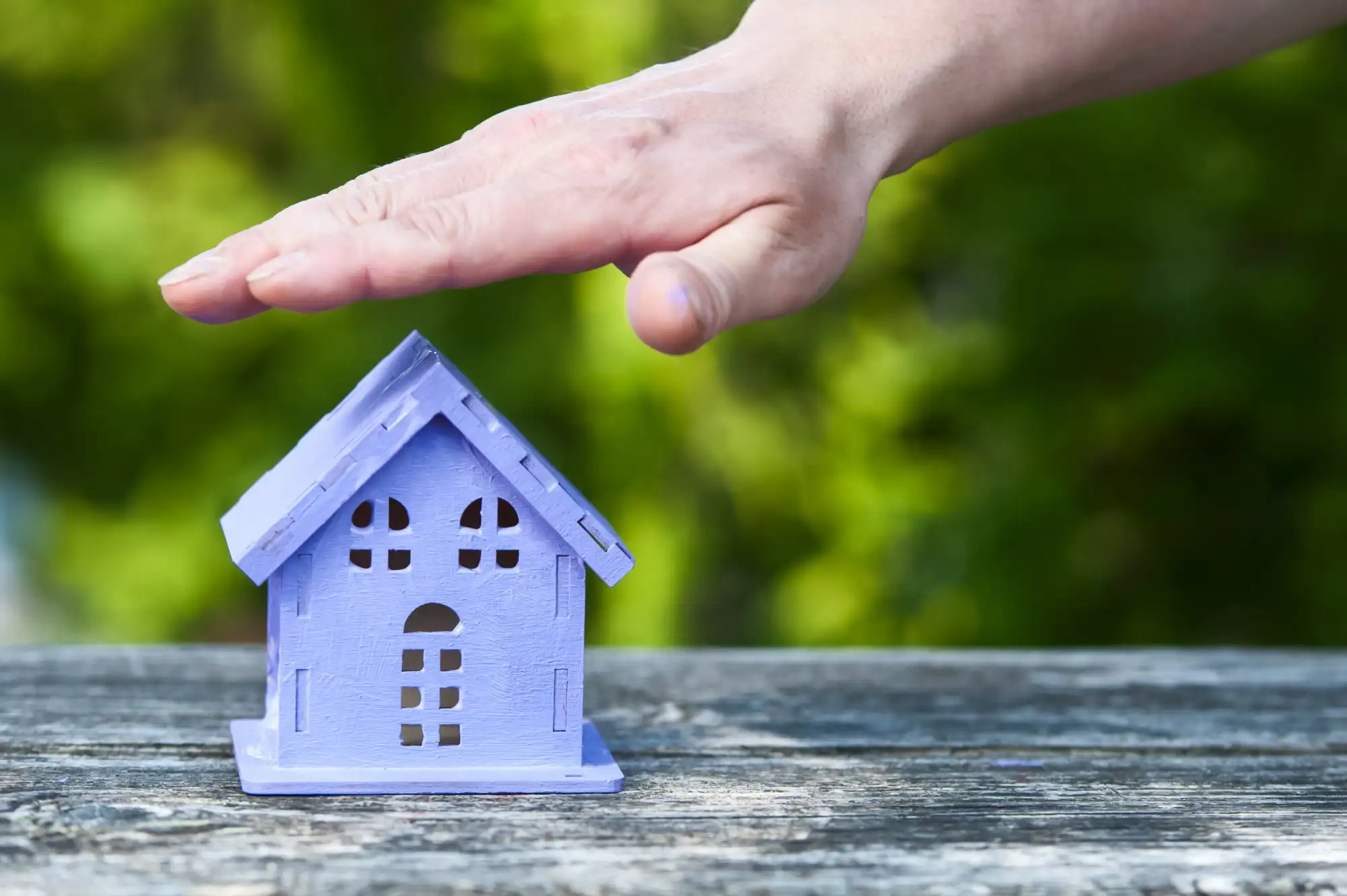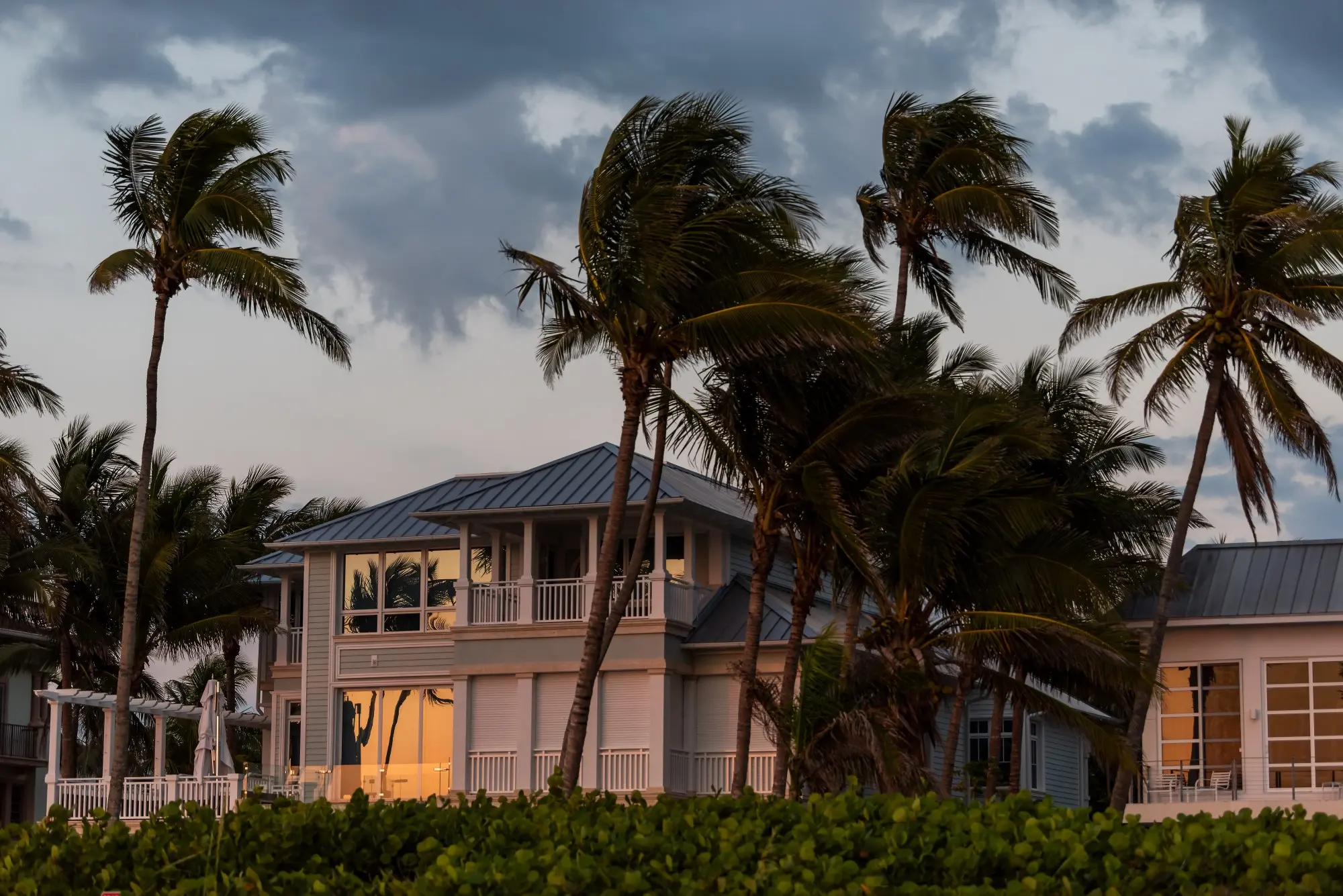.webp)
Commercial Roofing & Exterior Services for Four States Midwest Area
Greater Midwest Exteriors is your trusted choice for commercial roofing and exterior services across Illinois, Wisconsin, Indiana, and Michigan. We bring over 30 years of experience and specialized expertise in large-scale commercial projects, ensuring each building component works together for maximum durability, energy efficiency, and long-lasting protection throughout the Four States Midwest area.

Benefits
- 30+Yearsof Experience
- 5000+RoofsInstalled
- 50+YearsWarranty
Our Comprehensive Commercial Roofing Services
- About GME New Construction Services
.webp)
Commercial Roof Installation for New Construction
Protect your business investment with high-quality commercial roof installations. We offer a full range of commercial roofing systems tailored to meet the specific requirements of large properties and industrial buildings, ensuring long-lasting protection and enhanced energy efficiency.
- About GME Roof Replacement Services

Commercial Roof Replacement
Increase your commercial property’s value and safeguard your business with a professional roof replacement. Our expert roofers help you select the best materials, including metal roofing, modified bitumen, and single-ply membranes, for durability, performance, and budget alignment.
- About GME Roof Repair Services

Commercial Roof Repair
Our quick and efficient commercial roof repair services address everything from minor leaks to major storm damage. Keep your business running smoothly with our prompt, reliable repairs for all types of commercial roofs.
High-Quality Commercial Roofing Materials We Use
We work with an array of premium commercial roofing materials to provide long-lasting solutions for every property type and budget.
Roofing Brands We Use
Types of Commercial Roofs We Specialize In
- About GME Roofing Services

Flat Roofing
Ideal for large commercial buildings, offering cost-effective installation and easy maintenance.
- Explore Mansard Roof options

Metal Roofing
Durable and energy-efficient, perfect for industrial applications.
- Explore Gambrel Roof options

Built-Up Roofing (BUR)
Time-tested system offering excellent waterproofing and UV protection.
- Explore Gambrel Roof options

Green Roofing Systems
Environmentally friendly options that improve energy efficiency and aesthetics.
Understanding Commercial Roofing Costs
While we tailor each estimate to the project, common factors affecting commercial roofing costs include:
.avif)
Our transparent estimates help building owners make informed decisions. Contact us for a free inspection and a customized quote.
- Roof size and design complexity
- Chosen materials (e.g., metal, modified bitumen, PVC)
- Current roof condition
- Additional features (e.g., skylights, rooftop units)
- Labor requirements and project timeline
Why Your Commercial Property’s Roof System Matters
Choosing the right roofing system can:
Our experts can help you select the best roof system for your commercial building, considering factors like local climate, building use, and your budget constraints.
Financing Options Available
We understand that a new commercial roof is a significant investment. That's why we offer flexible financing options to make your roofing project more affordable. Our team can guide you through the available plans to find the best fit for your budget, ensuring you get the quality roof your business deserves without breaking the bank.

Frequently Asked Questions About
Commercial Roofing
How often should I have my commercial roof inspected?
We recommend bi-annual inspections, or after severe weather events, to maintain your roof's integrity and catch potential issues early.How long does a typical commercial roof replacement take?
The timeline varies depending on the size and complexity of the project, but most commercial roof replacements can be completed in 1-3 weeks. We work diligently and quickly to minimize disruptions to your operations.What factors affect the cost of a new commercial roof?
Size, material choice, roof complexity, insulation requirements, and current roof condition all play a role in pricing. We'll provide a detailed breakdown after our inspection.How can I tell if I need a roof repair or a full replacement?
Signs like persistent leaks, extensive damage, or an aging roof system might indicate the need for replacement. Our free inspection can help determine the best course of action based on your roof's condition.Can you work around our business hours to minimize disruption?
Absolutely. We understand the importance of minimizing downtime for your business. Our team can work evenings, weekends, or in phases to accommodate your operational needs.

What Our Customers Are Saying
Get Started with Your Commercial Roofing Project Today
Prevent minor issues from turning into major problems. Contact Greater Midwest Exteriors for a free commercial roof inspection and estimate. We’re ready to provide a roofing system built to last for your business.


.svg)

%20(1).webp)
.webp)
.webp)
.webp)






.svg)
.svg)
.svg)
.svg)
.svg)
.svg)
.svg)
.svg)


